Labour Party faces electoral consequences for pro-Israel stance
The British Labour Party faces electoral consequences due to its unwavering support for Israel, leading to discontentment among Muslim supporters. The issue of Palestine could help alternative candidates gain traction.
The public's perspective on Zionism and the Israeli-Palestinian conflict is evolving, with people no longer buying into the Zionist narrative. Growing support for pro-Palestine candidates in local elections is seen, along with a resurgence of racism and Islamophobia against minority communities. Many labour politicians are panicking.
The negative electoral consequence of the British Labour Party’s steadfast support for Israel was more than evident in the results of the February by-elections.
The veteran pro-Palestine campaigner George Galloway's landslide by election victory for the Workers Party in February was not the aberration that Labour leader Sir Keir Starmer and his backers in the Chatham classes were claiming.
Analysis of the recent local election results across England and Wales has shown the Workers Party and independent candidates making significant inroads into Labour held constituencies.
In local elections at the beginning of May this year, the Labour Party failed to do as well as expected, largely, because of the party's pro-Israel position.
Despite having a substantial lead in the polls, Labour struggled to make gains, and in some areas, particularly where there are large Muslim populations, the party even suffered losses.
Discontentment with the Labour Party has been brewing for many years following the election of Sir Keir Starmer as Labour leader.
Starmer has said that he supports Zionism without qualification.
But I understand and I sympathize and support Zionism.
Sir Keir Starmer, British Labour Party Leader
The Labour leader has also attacked the Boycott, Divestment, and, Sanctions Movement (BDS) and has said that he does not believe that Israel is an apartheid state.
Moreover, under his leadership, the party has conducted a witch hunt against anti-Zionists, particularly Muslims, purging them from the party and replacing them with pro-Israel zealots.
But it was Starmer's response to October 7th that took many of his former supporters over the edge. In an interview with LBC Starmer said that the Zionist regime had the right to cut off power and water to Gaza.
A siege is appropriate, cutting off power, cutting off water?
[Nick Ferarri, LBC]
I think that Israel does have that right.
Sir Keir Starmer
Starmer was also late in calling for a ceasefire and his party has helped give cover to Israel's genocidal campaign.
In the recent local elections, Labour only gained 186 council seats, while Independent and Green candidates gained a comparable total of 167 seats. Labour also lost control of Kirklees and Oldham Council, with commentators citing the issue of Gaza as a primary factor.
Pat McFadden, a senior member of Starmer's Shadow Cabinet, admitted that the party's stance on Gaza had had an impact on their votes.
An elections analyst, Michael Thrasher, has suggested that on the basis of these results, Labour would fall 32 seats short of a majority in the House of Commons in a general election.
Following these results, senior labour figures appear to now be more vocal in opposing the Zionist regime's actions.
For example, Starmer has said that the Zionist regime must not go ahead with its assault on Rafah.
Other figures like Sadiq Khan, David Lammy, and, Rachel Reeves have also stepped up their criticism of Israel.
It remains to be seen whether this opportunism will win back some support for the Labour Party, especially considering the increasing number of pro Palestine Independent and Green candidates who will be fighting against Labour at the next UK General Election.
Banned US thermal bombs 'vaporized' thousands of Gazans: Report
Leader hails Iranians for disappointing enemies with multimillion rallies
VIDEO | 'Land of Angels' sweeps 44th Fajr Film Fest. awards
Iran dismisses claims of detainee rights violations as ‘psychological warfare’
VIDEO | The business of humanity
VIDEO | 47th anniversary of Islamic Revolution marked in Russia
Two US Navy ships collide near South America amid Trump buildup
Over 2,000 Britons served in Israeli military during Gaza genocide: Report




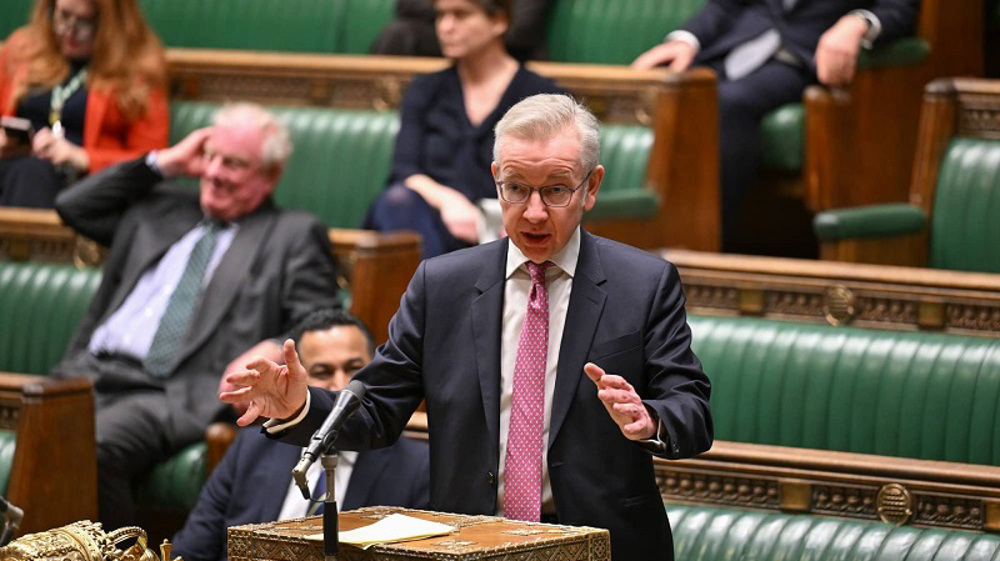
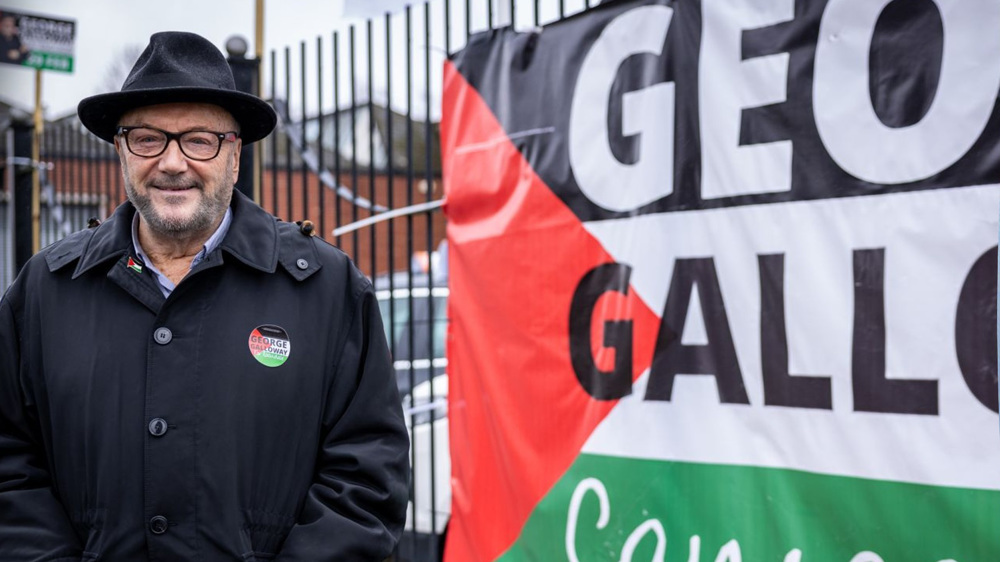

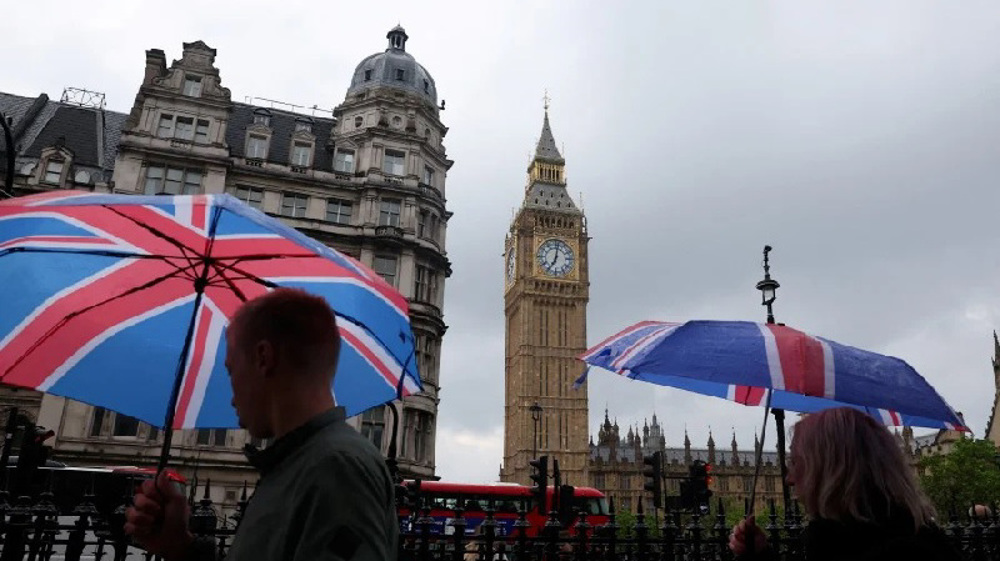
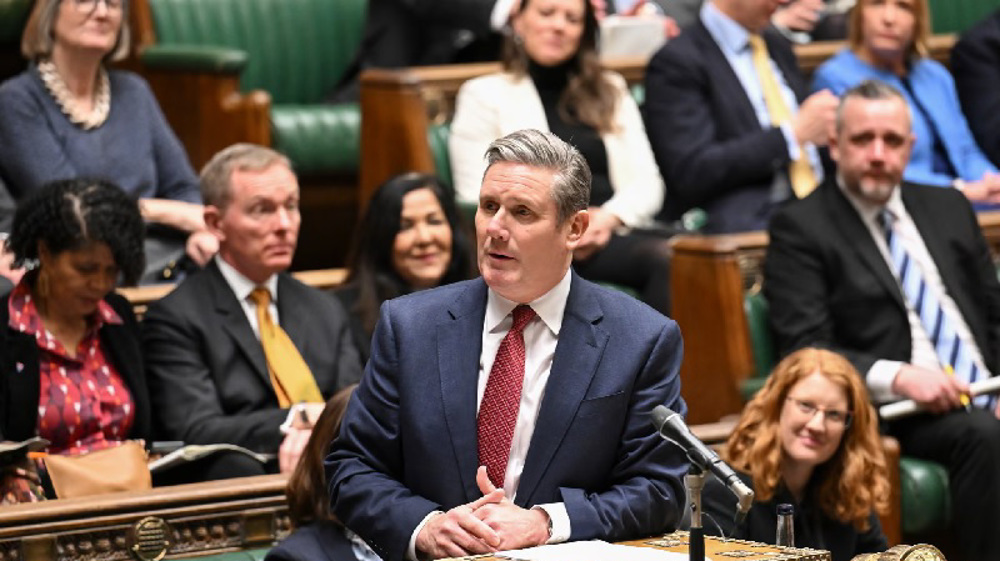





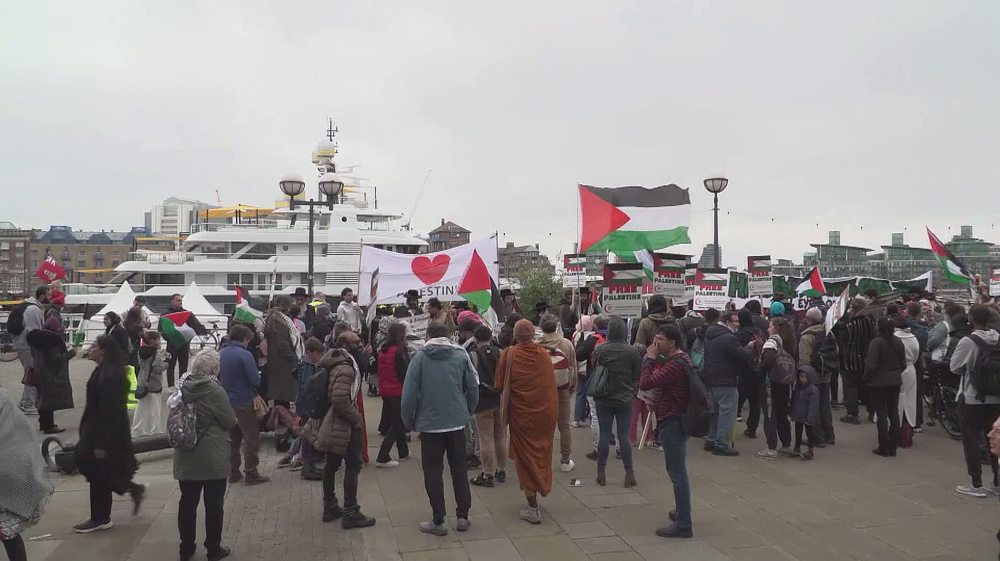
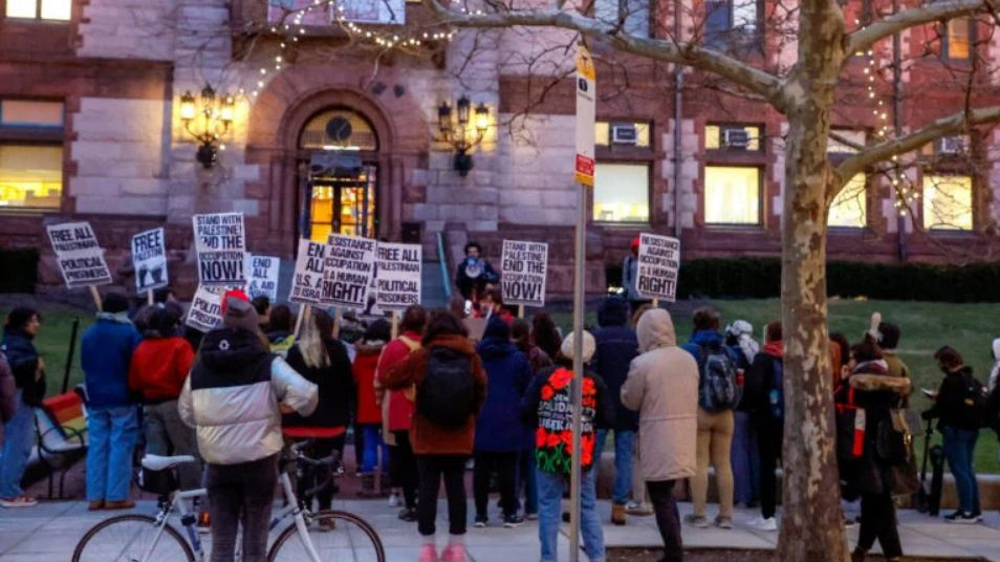
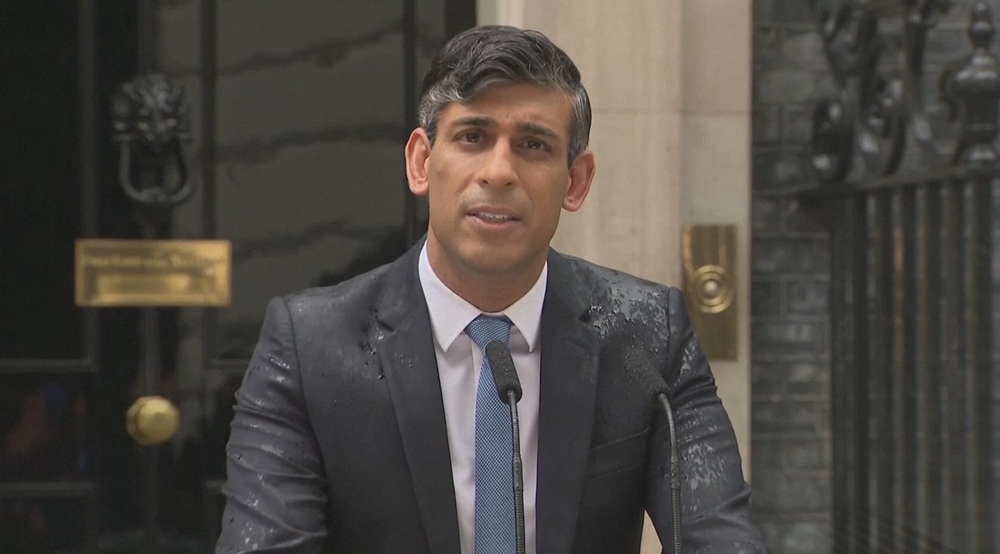

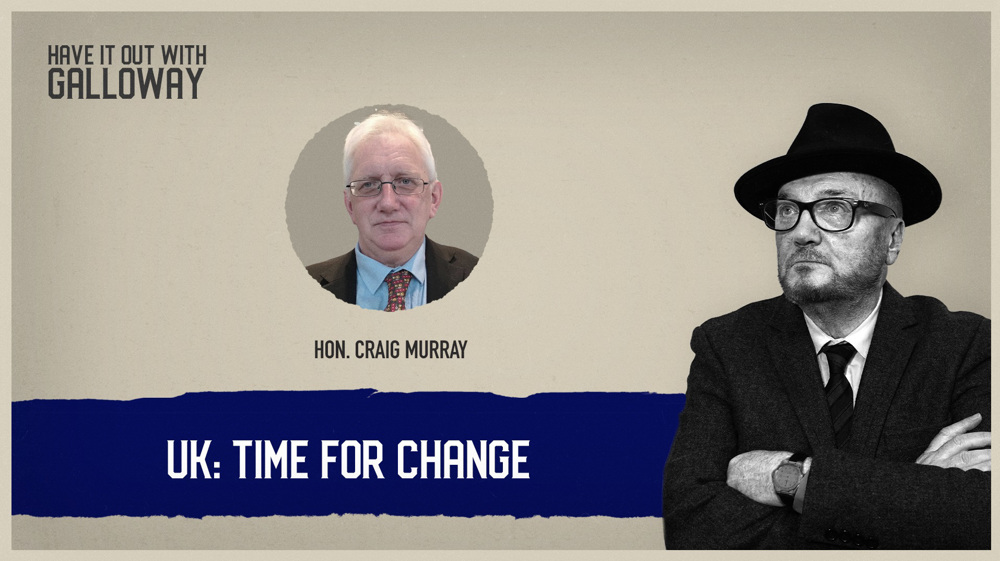



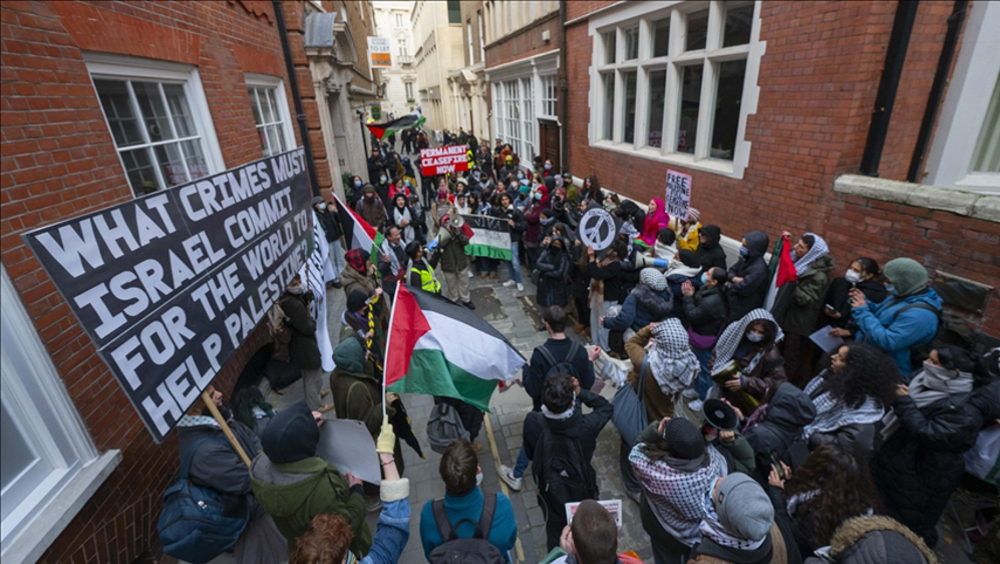

 This makes it easy to access the Press TV website
This makes it easy to access the Press TV website